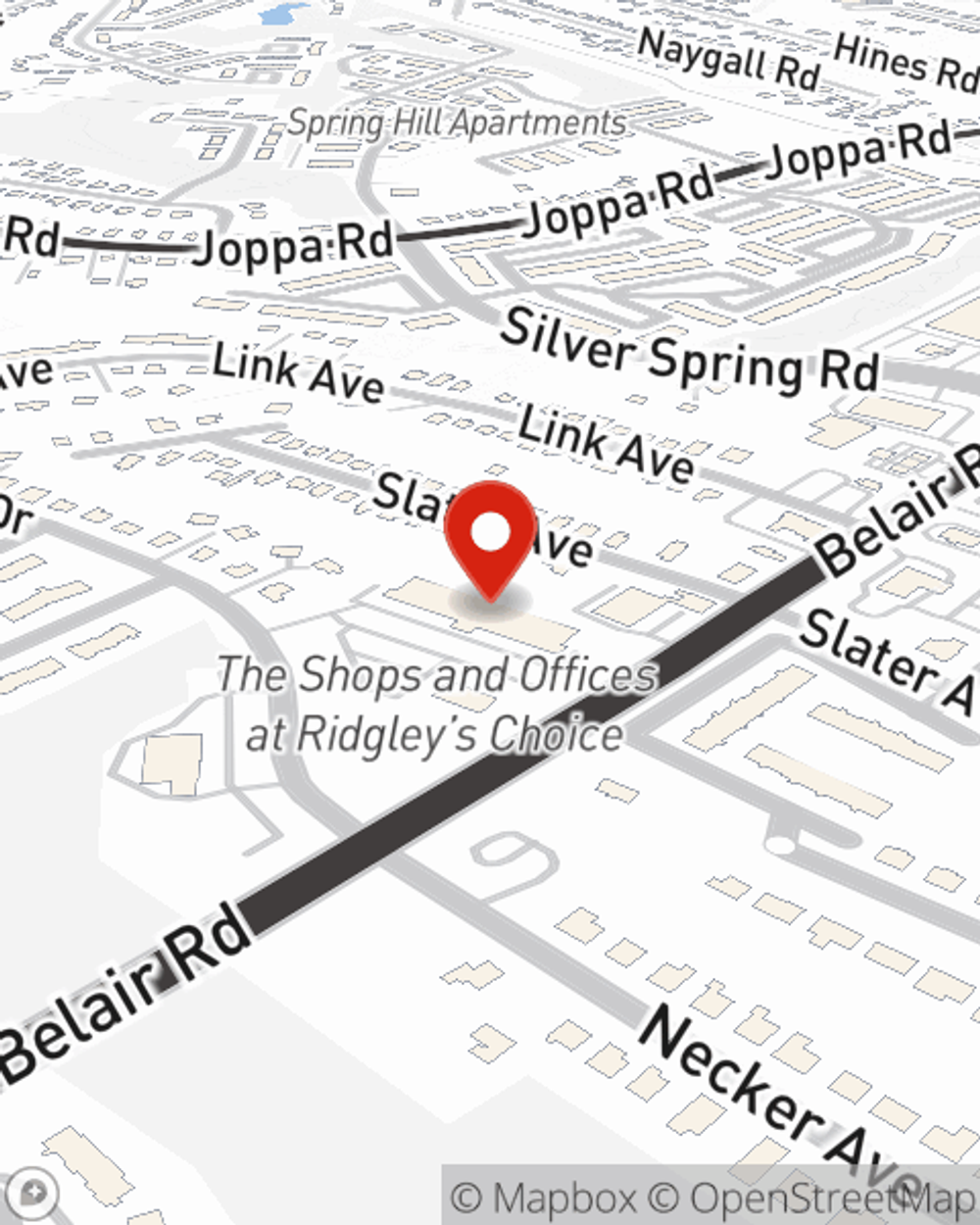Renters Insurance in and around Baltimore
Get renters insurance in Baltimore
Renters insurance can help protect your belongings

Would you like to create a personalized renters quote?
Home Is Where Your Heart Is
There are plenty of choices for renters insurance in Baltimore. Sorting through providers and coverage options to pick the right one is a lot to deal with. But if you want great priced renters insurance, choose State Farm for covering all of your belongings and personal items. Your friends and neighbors enjoy remarkable value and straightforward service by working with State Farm Agent Katrina W. McCoy. That’s because Katrina W. McCoy can walk you through the whole insurance process, step by step, to help ensure you have coverage for everything you own inside your rental, including furniture, sports equipment, home gadgets, furnishings, and more! Renters coverage like this is what sets State Farm apart from the rest. Agent Katrina W. McCoy can be there to help whenever mishaps occur, to get you back in your routine. State Farm provides you with insurance protection and is here to help!
Get renters insurance in Baltimore
Renters insurance can help protect your belongings

Safeguard Your Personal Assets
Renters insurance may seem like not a big deal, and you're wondering if it can actually help you. But imagine what would happen if you had to replace all the belongings in your rented condo. State Farm's Renters insurance can help when windstorms or tornadoes damage your possessions.
If you're looking for a reliable provider that can help you protect your belongings and save, visit State Farm agent Katrina W. McCoy today.
Have More Questions About Renters Insurance?
Call Katrina at (443) 219-0378 or visit our FAQ page.
Simple Insights®
What are landlords responsible for? Learn before you move in

What are landlords responsible for? Learn before you move in
If something goes wrong in your apartment, you need to know how to proceed. Before signing a lease, know your landlord's maintenance responsibilities.
Rental trends: What landlords and tenants need to know

Rental trends: What landlords and tenants need to know
Understanding the current trends surrounding the rental industry will help both landlords and tenants understand how to navigate this changing landscape.
Katrina W. McCoy
State Farm® Insurance AgentSimple Insights®
What are landlords responsible for? Learn before you move in

What are landlords responsible for? Learn before you move in
If something goes wrong in your apartment, you need to know how to proceed. Before signing a lease, know your landlord's maintenance responsibilities.
Rental trends: What landlords and tenants need to know

Rental trends: What landlords and tenants need to know
Understanding the current trends surrounding the rental industry will help both landlords and tenants understand how to navigate this changing landscape.
